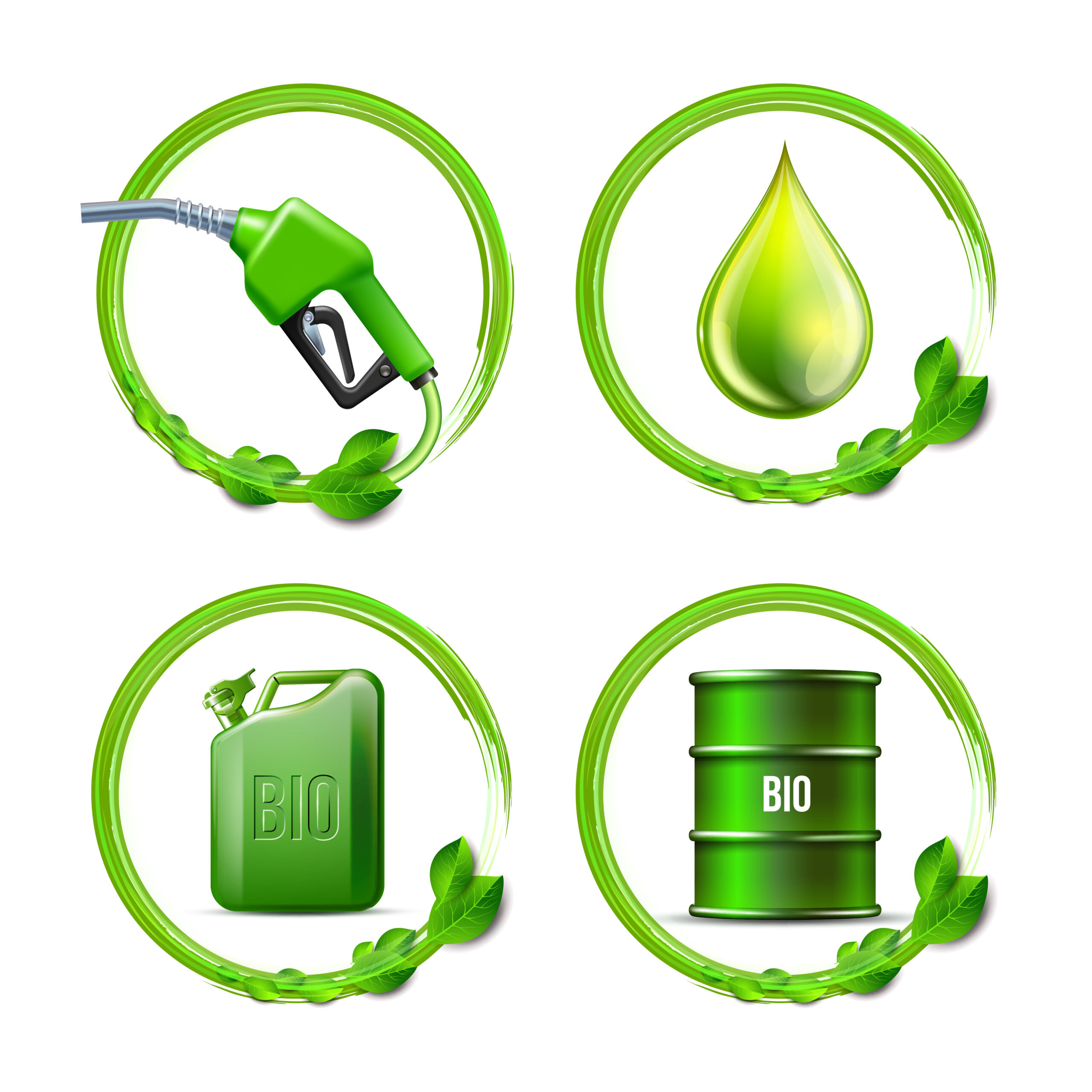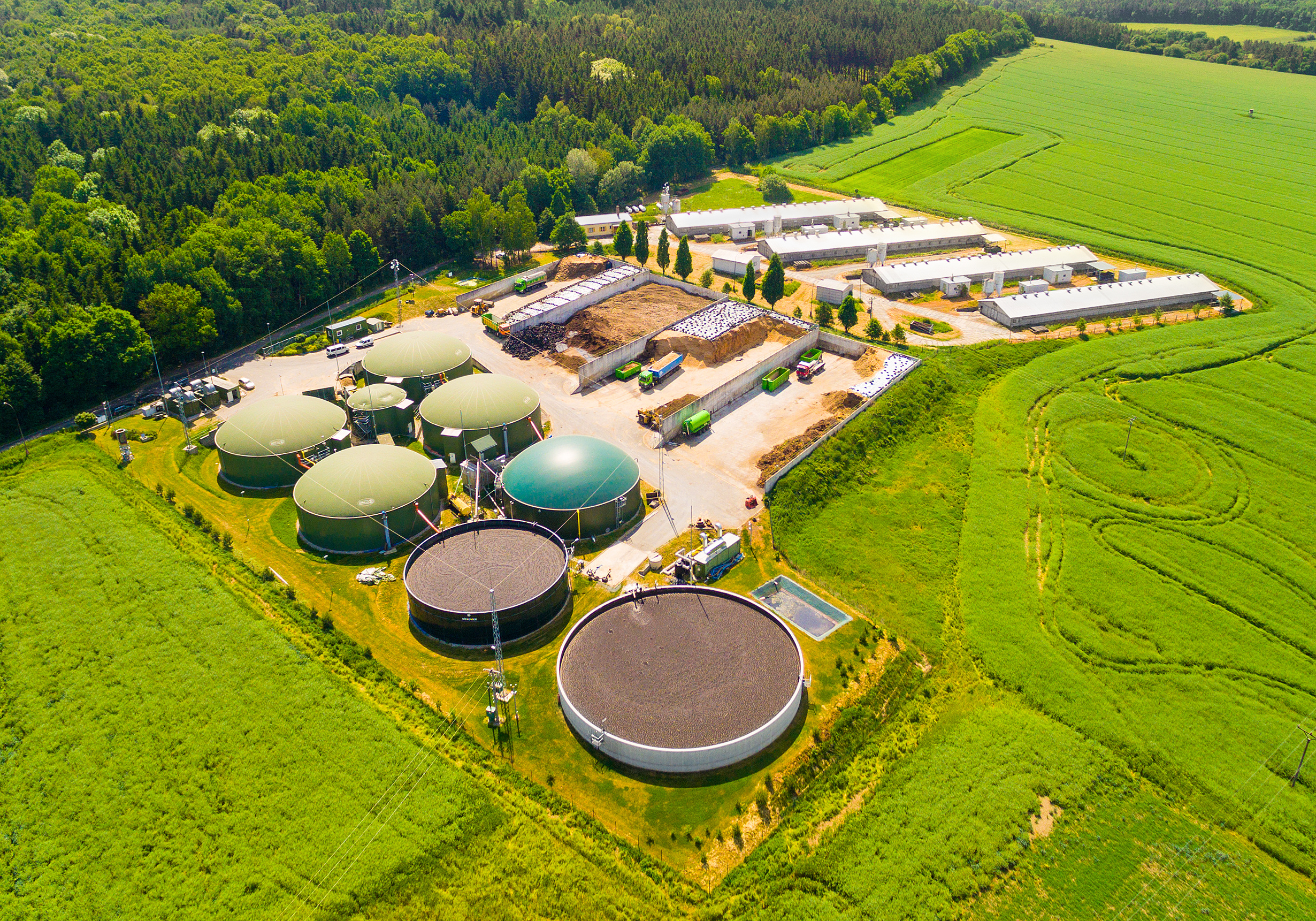Critical Review of Renewable Resources Training Course
Consultant/Trainer: Dr. Colin Schaverien & Charu Ehrenreich
This Petrogenium Renewable Resources course will increase understanding and awareness on the state of the art in this rapidly changing area and increase knowledge on new technologies and routes, in first generation, and especially advanced biofuels, Renewable Refining, green chemicals, and plastics.
Participants
This Petrogenium course can be tailored for awareness/inexperienced staff, for intermediate and for experienced personnel. Furthermore the course can be customized for a specific refinery, plant, or unit. The option for post-course consultancy/help-desk support is also available.
Participants may include: Scientists and technologists from oil & gas, petrochemical and pulp & paper industries, business managers, government departments interested in Renewables. Investors from Venture Capitalists and financial institutions will also highly benefit from this course. The course can be tuned to your requirements and interests.
Participants may include: Scientists and technologists from oil & gas, petrochemical and pulp & paper industries, business managers, government departments interested in Renewables. Investors from Venture Capitalists and financial institutions will also highly benefit from this course. The course can be tuned to your requirements and interests.


Learning Objectives
- Gain an overview of the Renewables space, including an understanding of the routes, their timelines, chances of success and profitability so as to make your own informed judgement and choices
- Understanding of their technoeconomic challenges and benefits
- Critical appreciation of the different routes to first generation and advanced biofuels, their pros and cons, and impact on refinery processes
- Understanding of technology maturation and the timelines towards commercialisation of the various routes
- Understanding how CO2 emission abatement can be optimised. We touch upon government policies, hybrid technologies and future technologies
- Ways to do a technoeconomic comparison of routes
Programme
Day 1
Day 2
- Kick off, introductions, course objectives and expectations
- Introduction to Renewables including drivers such as CO2 emission abatement and mandates
- Introduction to 1st generation and advanced biofuels – routes, processes, products
- Biorefining – processing and co-processing in refinery units including AGO HDS, HVO, and FCC. Background, feed pretreatment, conversion technologies, manufacturers, challenges and benefits, technology and refinery implications
- Advanced biofuels from e.g. lignocellulosic biomass including wood chips, pyrolysis oil, algae, municipal solid waste. State of the art, technical maturation, timelines to commercialisation. Pro and cons of the different routes and conversion technologies
- Feedstock supply chain considerations
Day 2
- Brief re-cap and any questions from Day 1
- Routes to biojet
- Renewable hydrogen, green chemicals and plastics
- Product value, blending consequences and benefits
- Decarbonisation by CCU versus CCS
- Other renewables – wind and solar
- Economic comparison of routes – cost estimates, Capex, Opex
- CO2 emission abatement optimisation through smart strategy of policy makers
- Brief summary and any questions from Day 2